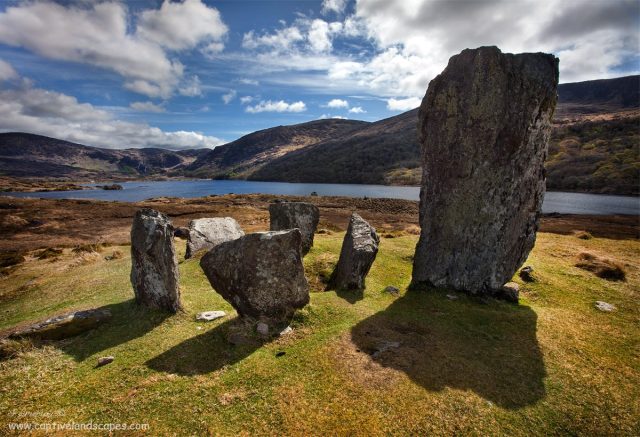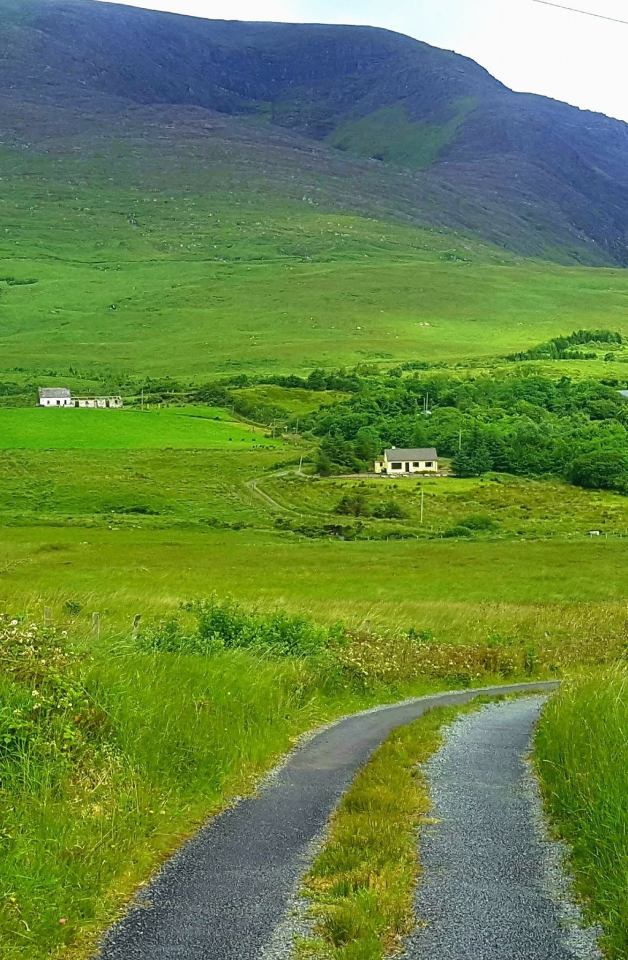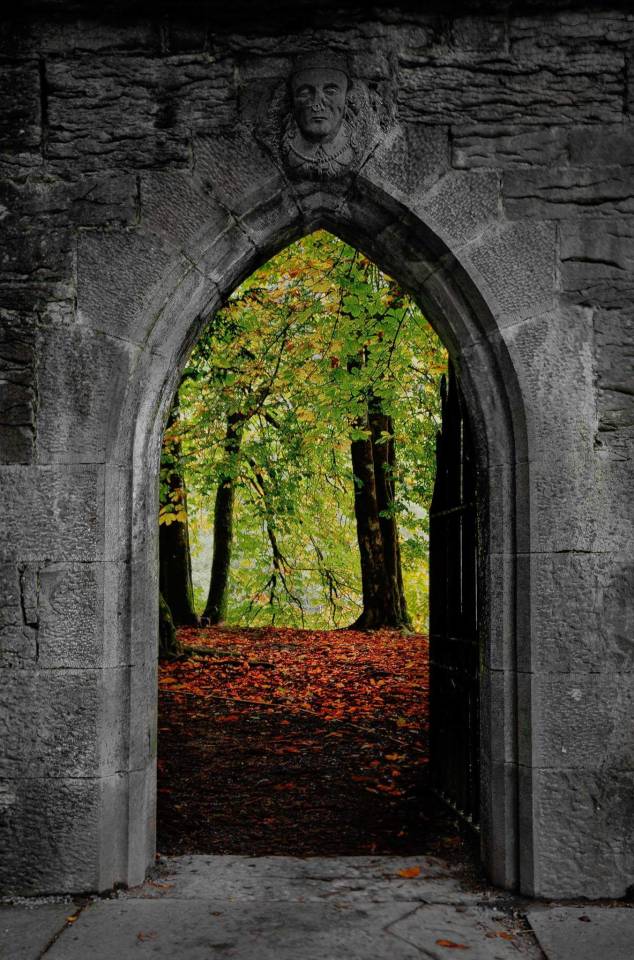#irish war of independence
July 11 1921, London–The Sinn Féin sweep of the Southern Irish elections, winning every seat unopposed except the ones associated with Trinity College, put a deadline on British efforts in Ireland. A Southern Irish government was, by the terms of the Government of Ireland Act 1920, to be established no later than July 12. Sinn Féin, following its usual abstentionist policies, would not take their seats in any Southern Irish parliament, leaving the British forced to either impose military rule on all of Southern Ireland, or reach a negotiated settlement with Sinn Féin. The former was never seriously considered, so it became a question of finding an agreeable basis for negotiations with the Irish.
At the opening of the Northern Irish parliament on June 22, King George gave a conciliatory speech. In the meantime, Jan Smuts, who had recently arrived from South Africa for a conference, began his own negotiations through Tom Casement (brother of the late Roger), and both agreed that a peaceful solution could be found which did not involve British recognition of an Irish Republic. Casement and Smuts arranged the release of additional negotiators, and a truce was agreed to on July 9, entering into effect on July 11. The terms were slightly unclear, with the Irish and British ultimately publishing different versions, but both sides would stop attacks and raids, and the British would cease military maneuvers and searches.
The truce came as something of a surprise to many in the IRA, and it would attract some criticism from those who felt they could beat the British without making concessions regarding Ireland’s political future. British criticism of the truce was more muted, as it was clear the only alternative was a military occupation of the whole island that nobody was in favor of after nearly seven years of war.
Sources include: Michael Hopkinson, The Irish War of Independence
March 19 1921, Crossbarry–The war in Ireland had escalated since Bloody Sunday, but for the most part the pattern in much of the country was occasional ambushes of British troops and police by IRA flying columns, followed by British reprisals. On March 19, the British attempted to reverse this pattern and trap a several IRA columns near Crossbarry, about 12 miles southwest of Cork. The British had learned of their presence from a prisoner captured in a failed train ambush the previous month. Several hundred British troops proceeded to the area by lorry, then began a sweep on foot and by bicycle to lessen their chance of detection; they did manage to kill one IRA officer before the IRA realized what was happening. The IRA, despite only having 104 men, decided to try to fight their way out of the encirclement before the cordon tightened too close, and laid an ambush for one of the approaching British columns.
This ambush was successful, and the IRA then defeated three additional British columns in turn before effecting their escape from the area under fire. Six IRA men were killed; British figures are disputed, but range from ten to thirty. The fighting at Crossbarry was, according to historian Michael Hopkinson, “the closest approximation to a conventional battle in the whole War,” demonstrating the vastly different character of the Irish War of Independence when compared to other European conflicts of the time period.
Sources include: Michael Hopkinson, The Irish War of Independence.
#OTD in Irish History | 21 May:
#OTD in Irish History | 21 May:
1639 – Lord Deputy Thomas Wentworth imposes the Black Oath of loyalty to Charles I on all Ulster Scots over the age of 16.
1745 – Count Daniel O’Connell, a soldier in French and British services, is born in Derrynane, Co Kerry.
1799 – Bill of Union (later the Act of Union) introduced in Irish House of Commons.
1862 – Death of actor, John Drew. Born in Templeogue, Co Dublin, his family emigrated…

#OTD in Irish History | 20 May:
#OTD in Irish History | 20 May:
1311 – The war of the O’Briens of Thomond escalates as the Norman-Irish become involved on both sides: the de Burghs support Dermot O’Brien and Richard de Clare supports Donough O’Brien. There is a pitched battle at Bunratty on this date, with heavy losses on both sides; de Burgh and others are imprisoned.
1648 – Truce between the confederates and Inchiquin; its adherents are excommunicated by…

#OTD in Irish History | 19 May:
#OTD in Irish History | 19 May:
1660 – An Act by the British Parliament forbids the export of Irish wool.
1710 – John Forster is unanimously elected Speaker of the House of Commons, replacing Alan Brodrick.
1769 – Just ten years after Guinness is first brewed in St. James Gate, Dublin, the beautiful magic brew is first exported from Ireland. Six and a half barrels left for England.
1798 – Lord Edward Fitzgerald, a leader of the…

#OTD in Irish History | 18 May:
#OTD in Irish History | 18 May:
1401 – John de Stanley is told that he is to be replaced as lieutenant by Thomas of Lancaster (duke of Clarence and second son of Henry IV), who is 12 or 13 years old. Lancaster’s deputy, Sir Stephen le Scrope, will effectively govern Ireland for the next few years.
1613 – James I’s Irish parliament opens in Dublin.
1798 – The 2nd Earl of Kingston is tried amid great pomp by the Irish House of…

#OTD in Irish History | 25 May:
#OTD in Irish History | 25 May:
1315 – Edward Bruce (brother of Robert Bruce, king of Scots), having been invited by some Gaelic chiefs, leads an expedition to Ireland with the aim of conquering it, creating a kingdom of Ireland and driving out the Norman-Irish settlers. He lands at Larne on this date and is proclaimed king of Ireland.
1705 – On this date, May Eustace Sherlock, gentleman, petitions the Commons for relief from…

#OTD in Irish History | 24 May:
#OTD in Irish History | 24 May:
1487 – Lambert Simnel (aged 10), the Yorkist pretender to the English throne, is brought to Ireland. It is claimed that he is Edward, Earl of Warwick (Clarence’s son), but in fact, he is a baker’s son – the real Warwick is a prisoner in the Tower of London and will be executed in 1499. Most of the Anglo-Irish believe that Simnel’s claim is genuine and support him (exceptions are the Butlers,…

#OTD in Irish History | 23 May:
#OTD in Irish History | 23 May:
1561 – The first court of High Commission, a group of officials and Protestant clergy, is set up to enforce the Reformation in Ireland.
1754 – Birth of Dr. William Drennan in Belfast; physician, poet, educationalist political radical and one of the chief architects of the Society of United Irishmen. Drennan’s poetic output included some powerful and moving pieces. He is chiefly remembered today…

#OTD in Irish History | 31 May:
#OTD in Irish History | 31 May:
1430 – Charges are made against Thomas Foster, Archdeacon of Glendalough, that he has sold the lands of the dignity, has kept concubines, has had offspring, is ignorant of letters and does not know the language of the country: if they are true, he is to be deprived on this date.
1744 – Birth of Richard Lovell Edgeworth, an Anglo-Irish politician, writer, inventor and educationist. He is credited…

#OTD in 1948 – Death of writer and playwright and member of Cumann na mBan, Lily O’Brennan.
#OTD in 1948 – Death of writer and playwright and member of Cumann na mBan, Lily O’Brennan.
Lily O’Brennan, sister of Áine Ceannt, was born in Dublin in 1878. She was a writer and playwright and joined Cumann na mBan upon its inception; she was a member of the Inghinidhe Branch. During the Rising she served with the Marrowbone Lane garrison. She was arrested and held in Kilmainham Gaol and was released on 8 May, the day of her brother-in-law, Éamonn Ceannt’s execution in the gaol. She…
#OTD in Irish History | 30 May:
#OTD in Irish History | 30 May:
1630 – Birth of Charles Stuart who will become Charles II of Great Britain and Ireland.
1784 – Belfast’s first Catholic church, St. Mary’s, opens for public worship.
1798 – United Irishmen Rebellion: The Battle of Three Rocks – Rebels capture Enniscorthy and Wexford town.
1807 – During the election for Co Wexford, two of the candidates, William Congreve Alcock and John Colclough, fight a duel in…

